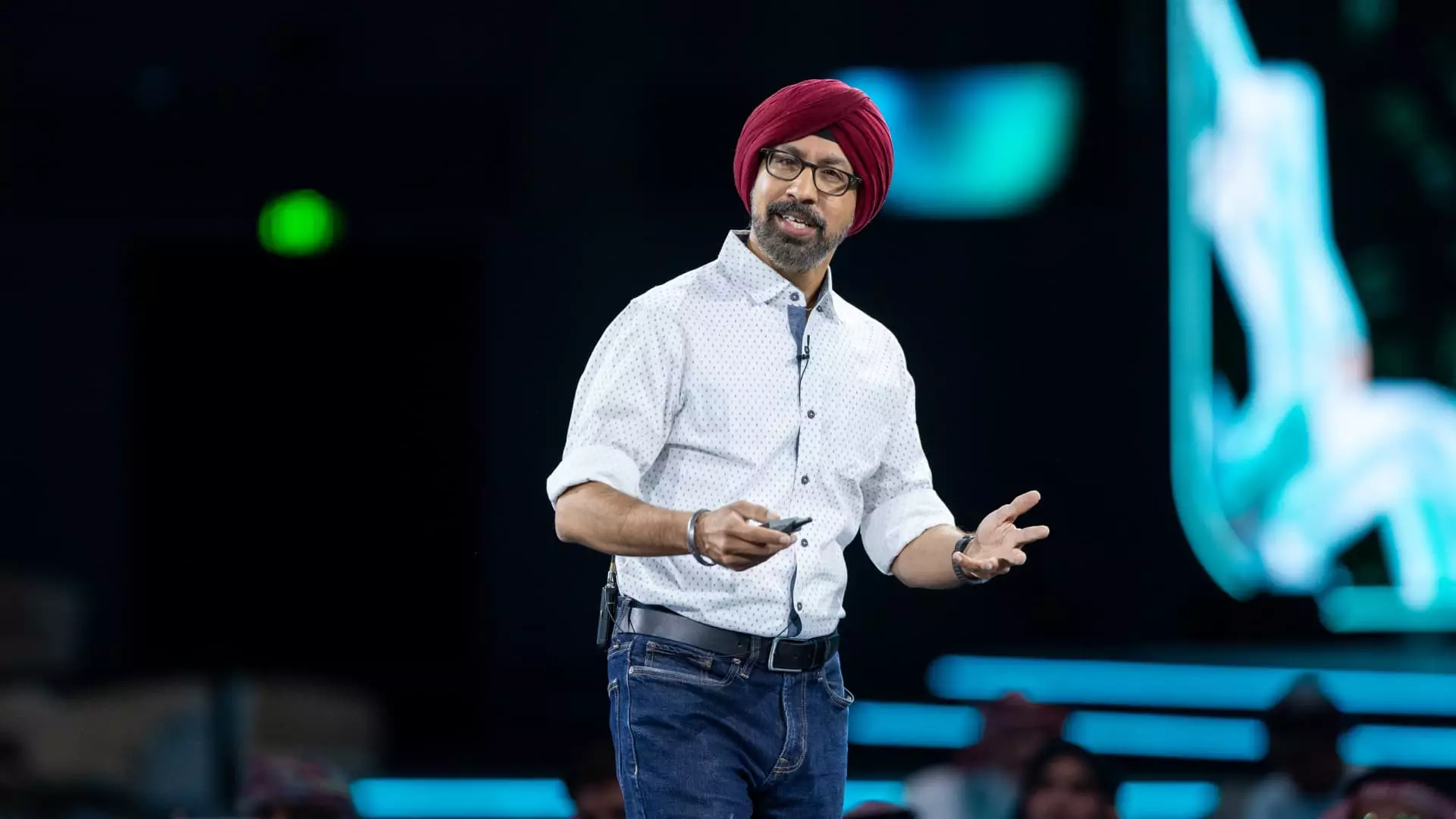In a significant development for the health-tech industry, Suki, an artificial intelligence startup focusing on healthcare solutions, has announced its collaboration with Google Cloud. This partnership marks a pivotal moment in Suki’s ambitions to move beyond its original role of simple clinical documentation and evolve into a more comprehensive tool for healthcare professionals. By leveraging Google Cloud’s Vertex AI platform, Suki aims to enhance its offerings, particularly in the realm of patient summarization and Q&A functionalities. As healthcare delivery becomes increasingly complex and burdensome, innovations like those offered by Suki could alleviate some of the pressures on medical personnel.
The Patient Assistant Revolution
Suki’s flagship product, the Suki Assistant, has primarily functioned as a clinical documentation solution. However, Punit Soni, the company’s founder and CEO, emphasizes that the vision for Suki extends beyond mere documentation assistance. He envisions it as a full-fledged healthcare companion that goes beyond documentation to support various aspects of patient interaction. The latest features being developed are indicative of Suki’s strategic shift towards becoming a multifunctional assistant that can enhance the quality of care and improve efficiency in clinical settings.
This evolution is vital in addressing the increasing administrative burden that plagues healthcare professionals today. Reports indicate that doctors often spend an excessive amount of time on documentation and administrative matters, which can lead to burnout and reduced quality of patient care. The new innovations will enable physicians to streamline their workflows, thus allowing them to focus more on patient care rather than paperwork.
Utilizing Google Cloud’s Vertex AI, Suki’s development team is working on features that will simplify access to critical patient information. The patient summarization component will provide clinicians with at-a-glance insights into a patient’s medical history, including vital statistics like age, chronic illnesses, past treatments, and visit reasons. Soni claims this streamlined approach could save clinicians anywhere between 15 to 30 minutes during each patient interaction—time that can be better spent on patient care instead of sifting through records.
Moreover, the Q&A feature will allow physicians to ask specific, data-driven questions about their patients and receive quick, accurate responses. This system promises to enhance the decision-making process by giving physicians access to vital information when they need it most. For example, a doctor could ask for a visual representation of a patient’s A1C levels or inquire about their vaccination history, consequently making better-informed care decisions swiftly.
Currently, Suki’s patient summarization feature is being rolled out to a select group of clinicians, with plans for general availability in the coming year. The Q&A function will also join this rollout, with initial capabilities focused on patient-specific queries. Interestingly, Suki is ensuring that these enhancements will come at no additional cost to current customers, reinforcing its commitment to accessible technological advancements in healthcare.
This proactive approach illustrates a prominent trend towards the “AI-ification” of healthcare, as noted by Soni. The ongoing partnership with Google Cloud not only signifies a major milestone for Suki but also positions it strategically in a highly competitive market where many players are wrestling for the same slice of innovation-driven solutions designed to alleviate administrative burdens.
With a client base that has tripled within a year, encompassing 350 health systems and clinics across the United States, Suki is well-poised to redefine healthcare interactions through its innovative technologies. The new features, driven by its collaboration with Google Cloud, exemplify a forward-thinking approach to problem-solving within the healthcare domain.
As healthcare systems increasingly recognize the need for efficient administrative tools, Suki’s advancements may well represent a significant step forward in reducing burnout among healthcare professionals while enhancing the quality of patient care. In the coming years, watching how Suki and similar companies navigate this evolving landscape will be crucial for understanding the future direction of healthcare technology. The possibilities are vast, and Suki appears ready to take the lead in innovating care delivery.

